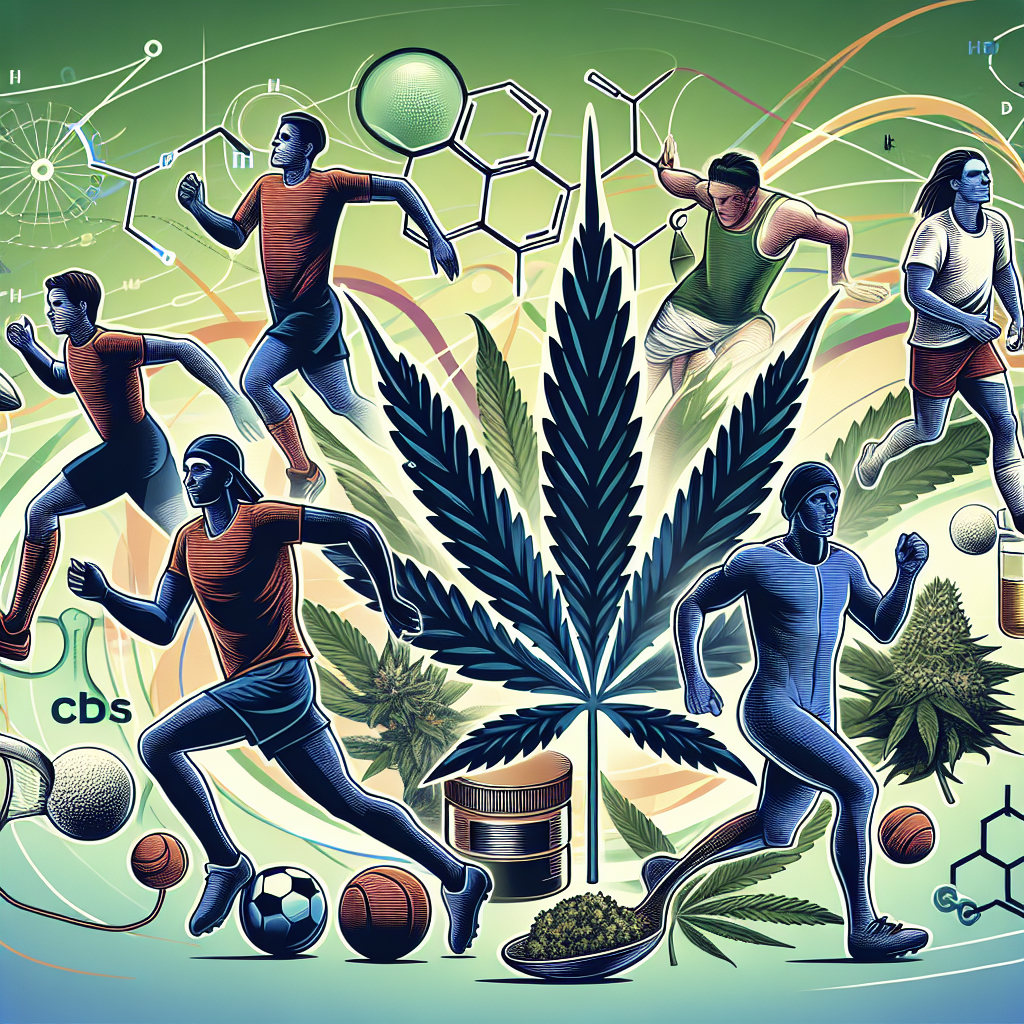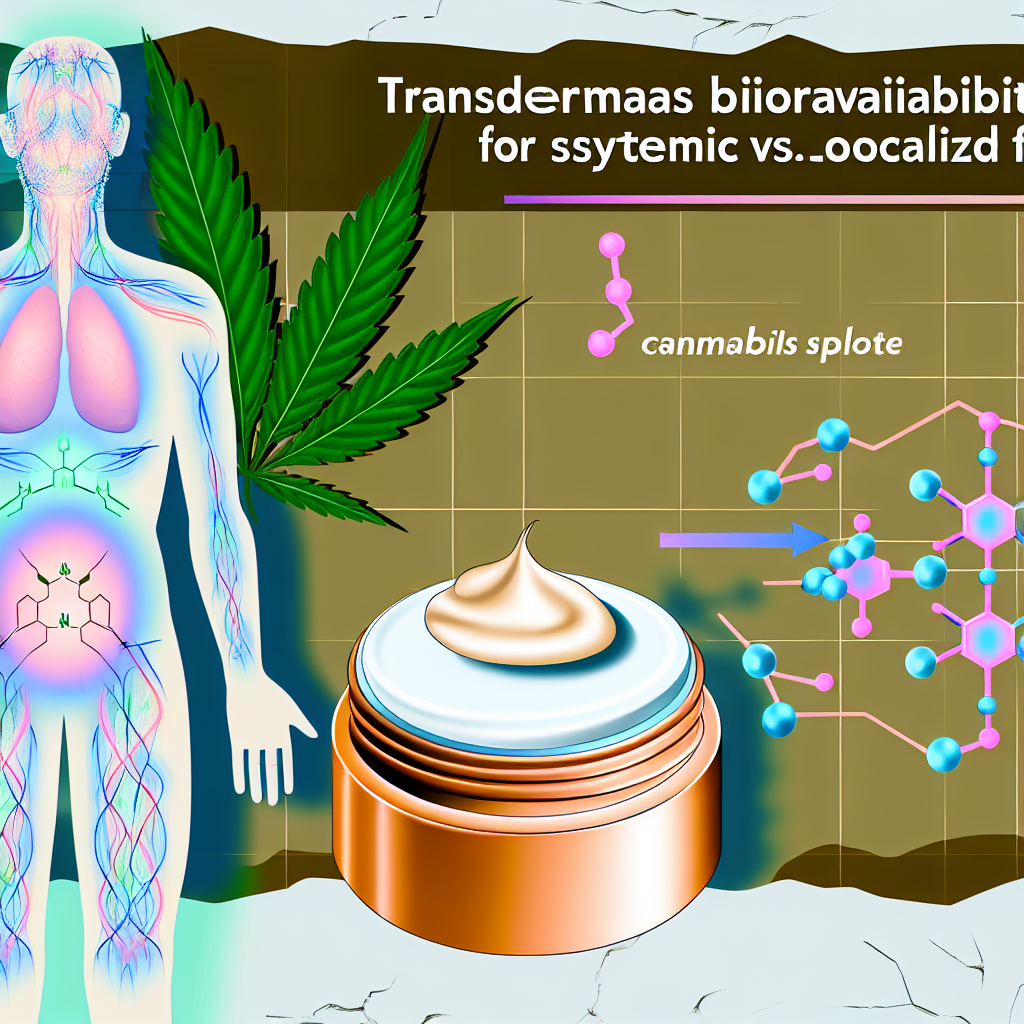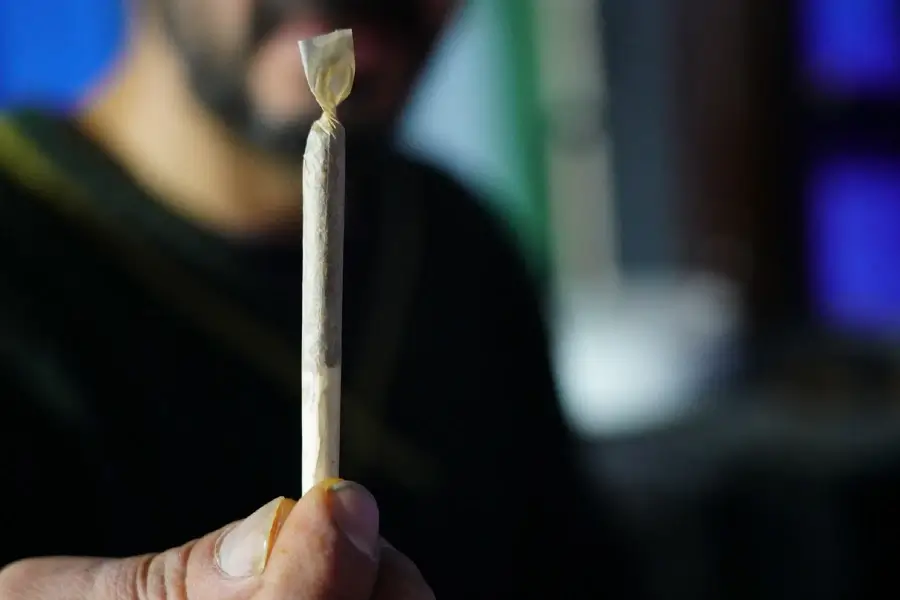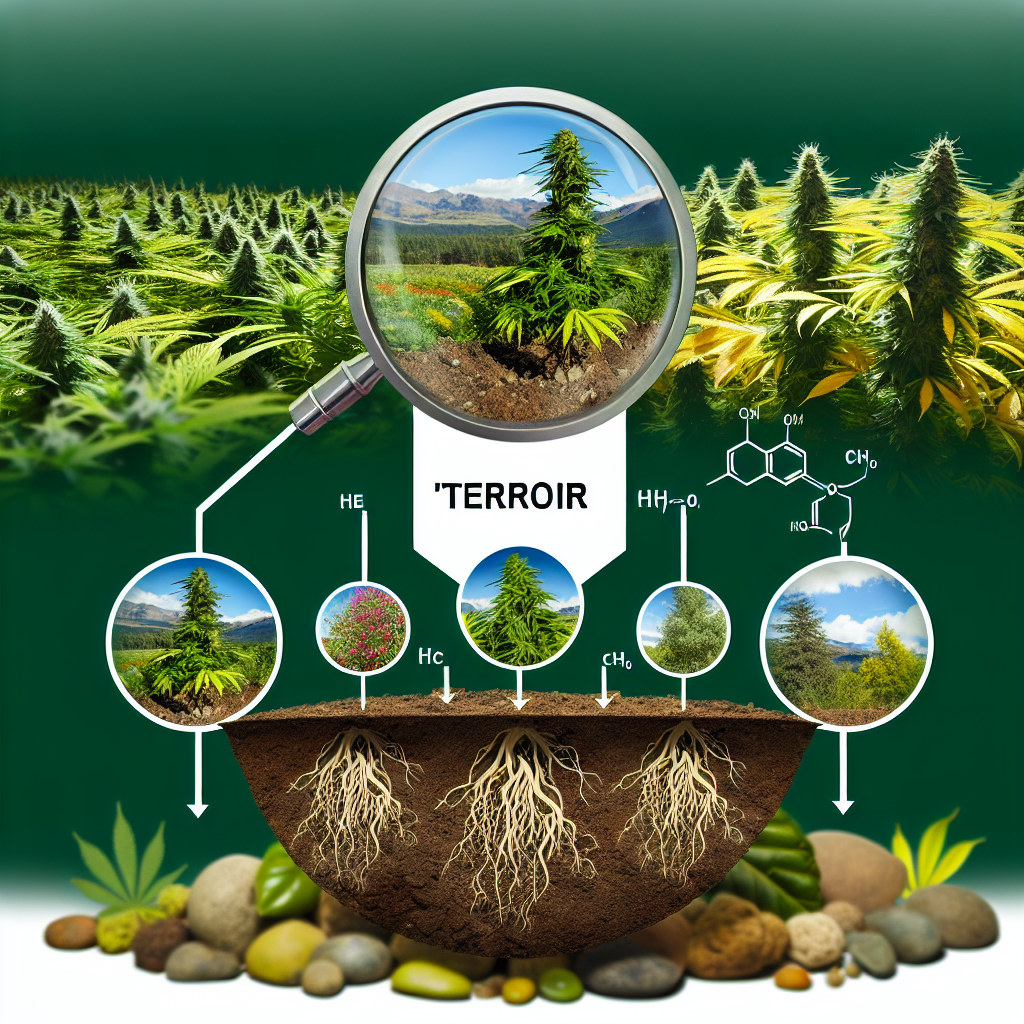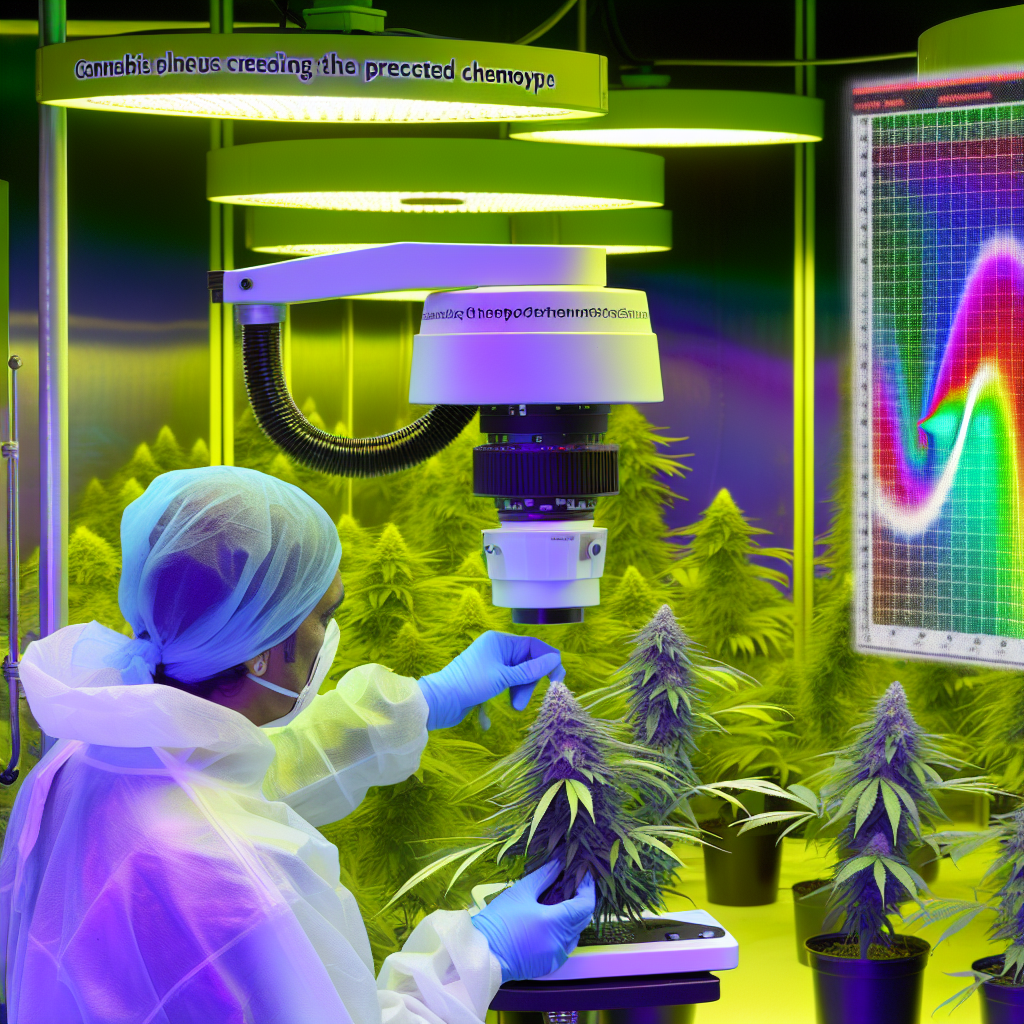Cannabis in Sports Medicine: Revolutionizing Recovery for Modern Athletes
Cannabis and Recovery: A Game-Changer for Inflammation Reduction
One of the most well-documented benefits of cannabis in sports medicine comes from its anti-inflammatory properties. Cannabidiol (CBD), the non-intoxicating compound in cannabis, has shown promise in reducing inflammation and supporting musculoskeletal recovery.
Safer Solutions for Pain Management: How Cannabis Stands Out
Pain management has long been a hot topic in sports medicine, and cannabis is emerging as a safer, more sustainable alternative to traditional methods. Opioids and other pharmaceuticals, while effective, often carry a high risk of dependence, adverse side effects, and long-term health concerns.
Unlocking Better Sleep: Recovery’s Forgotten Essential
Sleep may be the most overlooked pillar of athletic recovery, but it’s undoubtedly one of the most critical. Cannabis has been increasingly recognized as a tool for improving sleep quality in athletes. THC may help mitigate insomnia and promote deeper stages of sleep, while CBD can reduce issues like REM sleep disturbances.
The Untapped Mental Health Benefits of Cannabis
Beyond its physical advantages, cannabis may serve as a mental aid for athletes. Performance-related stress, anxiety, and hyper-focus can all hinder recovery. Incorporating cannabinoids, particularly CBD, into recovery routines may help athletes manage emotional challenges more effectively.
Proceeding With Caution: Research Gaps and Responsible Use
While the potential of cannabis in sports recovery is promising, it’s crucial to recognize the limitations of existing research. The lack of large-scale clinical trials, coupled with variations in legal and regulatory frameworks, make it essential to approach cannabis use carefully.
Endorsements by Athletes: Real Stories, Real Impact
The anecdotal experiences of athletes continue to add credibility to the application of cannabis in sports medicine. High-profile figures like former NFL player Rob Gronkowski and retired UFC fighter Bas Rutten have publicly spoken about their use of CBD and cannabinoids to support their post-career recovery journeys.
Conclusion: A New Era of Recovery in Sports Medicine
Cannabis is undoubtedly redefining the conversation around sports recovery, offering athletes and medical professionals new pathways to address inflammation, pain, and sleep. As the science and social acceptance progress, cannabis holds the potential to revolutionize athletic recovery—embracing a holistic approach that prioritizes both physical and mental well-being.
Summary:
The article explores the emerging role of cannabis in sports medicine, highlighting its potential benefits for athletic recovery. It delves into the anti-inflammatory properties of cannabinoids, the pain management advantages, and the impact on sleep and mental health. While recognizing the need for further research, the article showcases the growing endorsements from athletes and the promise of a holistic approach to recovery.
References:
1. [Frontiers in Physiology – “Cannabidiol as a Therapeutic Agent for Inflammatory Disorders”](https://www.frontiersin.org/articles/10.3389/fphys.2020.00227/full)
2. [Therapeutics and Clinical Risk Management – “Cannabinoids for Pain Management”](https://www.ncbi.nlm.nih.gov/pmc/articles/PMC2503660/)
3. [Sleep Disorders – “The Effects of Cannabinoids on Sleep: A Review of the Literature”](https://www.hindawi.com/journals/sd/2017/5962087/)
